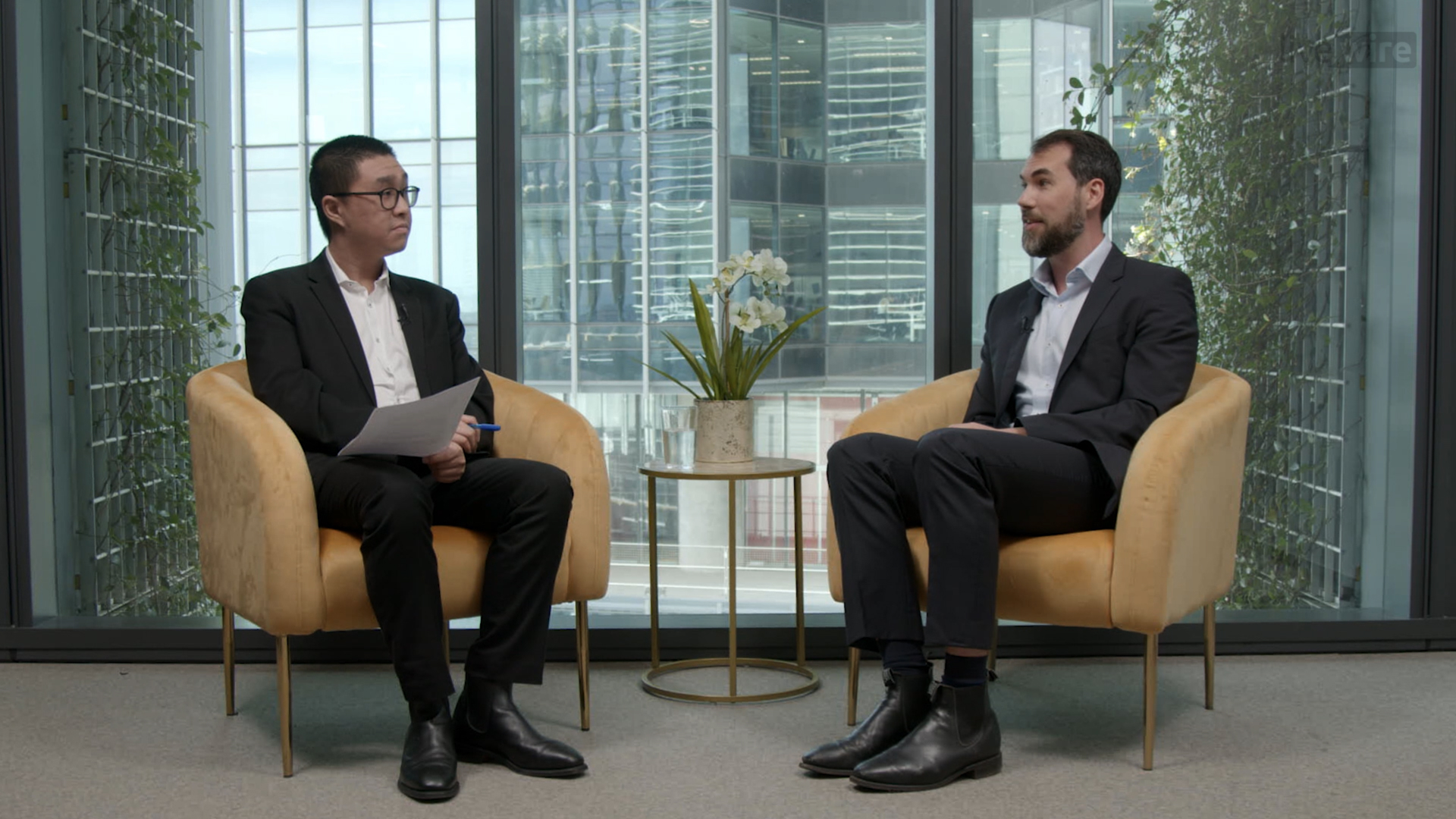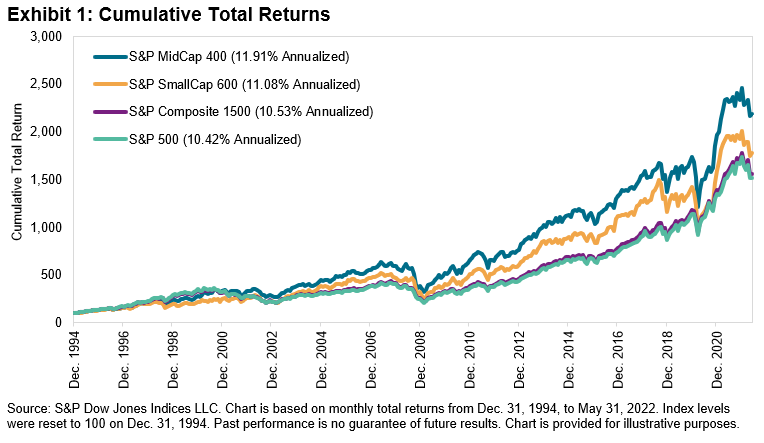3 global small caps ready to take off in 2025
Note: This interview was taped on Wednesday 27 November 2024.
Finding a small or mid-cap with high-quality earnings, a global reach, a strong competitive advantage, and trading at a reasonable valuation can be akin to finding a needle in a haystack when global equity markets are at all-time highs. It's an even bigger challenge when your investable universe has over 7,000 stocks, and you have to narrow it down to between 20 and 40 names.
But that's what Canopy Investors Co-Founder and Portfolio Manager Michael Poulsen does every day.
When I asked Poulsen how he finds these needles in a haystack, he told me that global quality small caps have all of the above traits - just like their Australian counterparts. The difference is that they may work in areas that are difficult to access from Australia.
"In the context of global small and mid-caps, what that means is that they won't be the Amazon's and Microsoft's of the world. But they are still really strong.
They may have a dominant position in a single geography or they might be really strong in a particular business niche that is often not represented in Australian industries," Poulsen noted.
In this episode of The Pitch, we'll discuss these themes, three companies that meet these criteria, and why Canopy is invested in them.

EDITED TRANSCRIPT
Do you see the reversion in global small and mid-cap share prices continuing?

Now, as we sit here today, smaller companies are trading at about a 15% discount to larger companies on a price-to-earnings basis. That's about the largest discount that we've seen in about 20 years. So it's pretty significant. We do think it's reasonable to expect that valuation gap to close some over time, particularly if US economic growth continues to be good, which it has been, and if interest rates come down a little bit from where they are today.
What is the secret to picking the best global small and mid-cap stocks?
Poulsen: We're quality investors at Canopy. We're investing in good businesses, and so that means companies that have sustainable competitive advantages, companies that are growing and that have managers who are capable and think like long-term business owners.
In the context of global small and mid-caps, what that means is that they're smaller companies. It's not your Amazons and Microsofts of the world, but they're still really strong. So they'll often have a dominant position, but it may be in a single geography or they might be really strong in a particular business niche. Often, those niches aren't represented in Australian industries. And so that's part of the reason why we wanted to do this is to give people exposure to industries that they wouldn't be able to as an investor very easily in Australia.
Being quality investors, do you find it's a big challenge to not pay too much given many high quality stocks already have a premium attached to them?
Poulsen: That's very often the case and that's one of the hardest things being a quality investor, particularly when, as you said, the market has already recognised that they're quality. So for us, that means that we're fishing in a pond of good businesses. That just has to be the case and that's our starting criteria.
But then, once we've crossed that gating factor, it's looking for those companies where we think that they are fairly to attractively priced. Often, that's the case where they might have some short-term weakness that's been over-extrapolated, but that's a key criterion.
Why is the fund heavily weighted towards the US?
Poulsen: The thing to recognise is that the US is the largest single country in our opportunity set. It would be 60 to 70% of our index. It's the largest economy in the world and it's a very advantaged economy. It's got a great diversity of businesses, and obviously, a large consumer base. It's technologically sophisticated and it's endowed with natural resources. You've got the dominance of the US Dollar and you've got a government that's very willing to spend, so there are large fiscal deficits.
What that means is that there are lots of good companies there, including many that have tailwinds and we have found lots that we'd like to invest in. Now that being said, as I've mentioned, the US market has run pretty hard in the last couple of months, and so as a consequence of that, we are finding opportunities outside the US in things that might've been thrown out when they really shouldn't have been.
Can you take us through three global companies you are backing for the year ahead?
So the second one that I'd mention is Rollins (NYSE: ROL). That's a US-based pest control company. Think of the guys that come around in a van to your house and spray for pests. It's relatively unglamorous but it's actually a really good industry. We're living in more dense urban environments and pests are proliferating. The climate is getting warmer and pests like that as well. It's a good business and there are lots of jobs going. It's a network-density business as well. So that means that the pest control company that's the biggest and has the most jobs on the go is best able to utilise their technicians and is more profitable. And Rollins is that big guy. Its growth is accelerating and we expect that to continue to be the case over the next 12 months.
The last one that I would mention is Rightmove (LON: RMV). It's a UK-based property portal, so it would be the equivalent of REA in Australia. You might've read that REA recently tried to acquire it. It's super dominant. Agents have to be subscribers to Rightmove to get their listings up on the site, which the vendors want, of course.
It has an 80-90% market share as a result and has lots of pricing power as well. That's one of the pushbacks that you hear from real estate agents is that Rightmove is always increasing its prices. But if you ask an agent, if they'd consider pulling back from the site, they'll tell you it'd be like a shop owner not having a front door on their shop. It is a really important channel for them. It's a subscription-based business, so it's not super sensitive to property market conditions, but we do expect the UK property market to improve over the next 12 months, which should be a tailwind.
Investing in smaller companies for bigger opportunities
Canopy Investors is a boutique global small and mid-cap equities manager investing in high quality companies trading at attractive prices. It aims to grow and shelter investors’ wealth over the long term.
2 topics
1 stock mentioned
1 contributor mentioned


